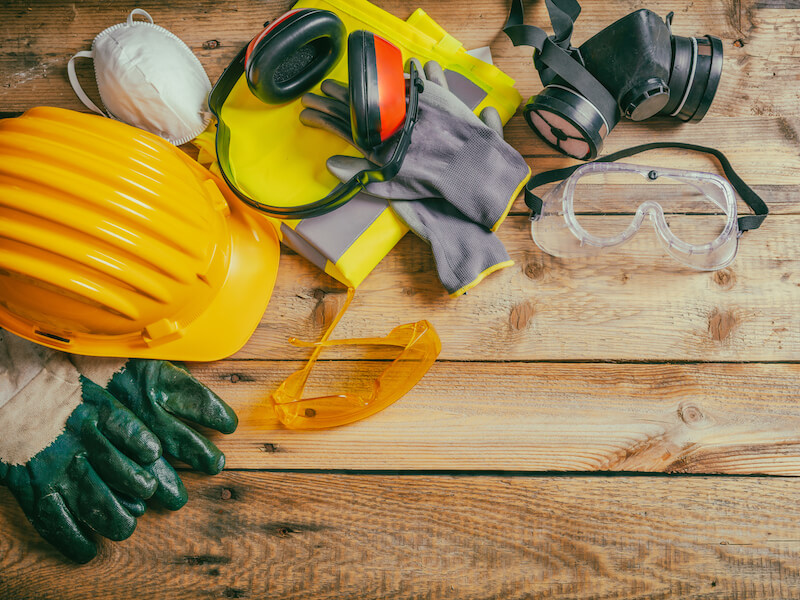
About two million workplace injuries are reported each year. When you think of on-the-job injuries, you might think of flying objects or a hand caught in a piece of machinery at a factory.
But the most prevalent workplace injury is a lot more insidious and often goes unreported. It sneaks up on people very gradually over the course of several years. Most people don’t even detect it’s happening until it becomes severe. People often make excuses. “It’s just part of growing older” or “It’s a temporary problem”. This isn’t unusual.
And it’s unusual for people to even acknowledge that their workplace is to blame for this injury.
The insidious injury is hearing damage. There are a number of warning signs you should recognize, and there are important steps you need to take if you think the damage is already done.
How Loud is Too Loud?
Sustained exposure to sounds above 85 decibels (dB) can trigger permanent damage to your hearing. For reference, a vacuum runs at about 75 decibels dB. Eighty-five dB for a lawnmower. A chainsaw or leaf blower generates over 100 dB. And the volume of a gunshot comes in at 140 dB.
How loud is your workplace? Is the most common workplace injury an issue for you? Over time, your hearing can be damaged if you are regularly exposed to sound as loud as a lawnmower, even if it’s not constant.
Hearing Injury Signs
You’re absolutely harming your hearing if you work in a noisy environment without hearing protection.
Your experiencing hearing loss if you notice any of the following symptoms:
- You regularly ask people to repeat themselves when they speak.
- Conversations sound muffled.
- You can’t understand the person speaking if there’s background noise.
- When people speak, you tend disengage.
- Your family and friends tell you your TV, radio, or computer tablet volume is too loud.
- Loud noises cause pain in your ears.
- consonants get confused – “Todd” sounds like “Dodd,” for instance.
- When you talk with people you constantly believe they are mumbling
- You’re hearing noises in your ears like ringing, whistling, or hissing.
What Are Employers Doing to Reduce Hearing Damage?
Businesses and organizations are working with the latest technology to lessen workplace noise in excessively loud settings. Government agencies are working to modify guidelines that will minimize workplace noise and protect employees.
Employees are speaking out as they become aware of the chronic damage that workplace noise is causing. In time, their voices will lead to further change.
Preventing Additional Damage
Protecting your ears before they become damaged is the smartest plan if you work in a loud setting. Wearing protective earmuffs or earplugs while at work will help reduce potential damage.
If you think your hearing has been injured by a noisy workplace, make an appointment for a hearing exam as soon as possible. When you determine the degree of your hearing loss, you will learn how to avoid further damage going forward. We address any hearing damage you’re already experiencing and develop strategies to help you prevent any additional damage.

